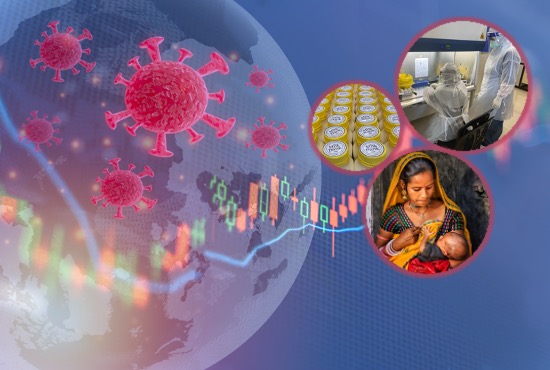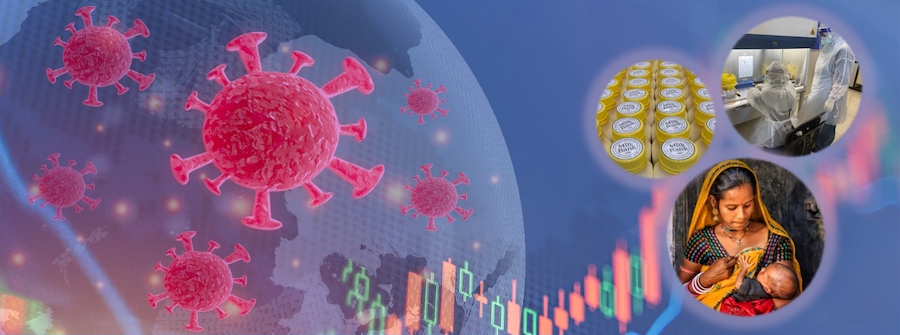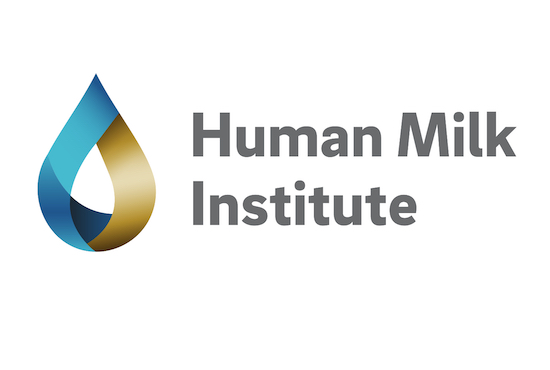Rapid Response Unit
The COVID-19 pandemic has dramatically illustrated how unprepared the world was to deal with basic questions related to the safety of breastfeeding and human milk in a time of crisis.
In partnership with UC San Diego's PREPARE Institute, we are creating an infrastructure for rapidly analyzing the impact of future pandemics and other health threats on human milk. Together, we will provide reliable information to policy makers, health care providers and the public when it’s needed most.
- When the next pandemic arises, is the safety of breastfeeding, human milk and pasteurized donor human milk impacted?
- Could bioactive components in human milk serve as therapeutics against pandemic pathogens?
- Are treatments/drugs against pandemic pathogens transmitted through human milk?
- Are pandemic pathogen-acquired antibodies from infection or vaccines transmitted through human milk and are they beneficial to babies?
At HMI, we are creating a "Public Health Surveillance & Rapid Response Unit", a programmatically and financially sustainable infrastructure to advance our knowledge around human milk and infectious diseases in times of peace and establish analytical methods and communication protocols that can be immediately deployed at crisis onset.
Our goal is to save lives by providing rapid and reliable information to policy makers, health care providers, and the public.
Pandemic Preparedness
HMI partners with the UC San Diego PREPARE Institute to create an infrastructure for rapidly analyzing the impact of pandemics and other health threats on human milk. As a first step, we offer Developmental Grants in Pandemic Prevention and Human Milk Research

Research Update
Collaborators from UC San Diego's Human Milk Institute and the PREPARE Institute validate tools to monitor the presence of monkeypox virus in human milk and confirm that standard Holder pasteurization inactivates the virus.

